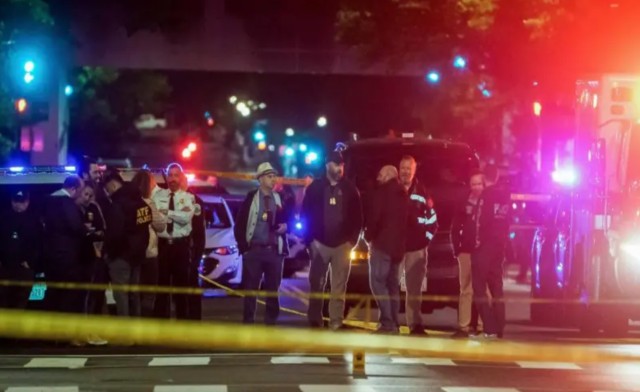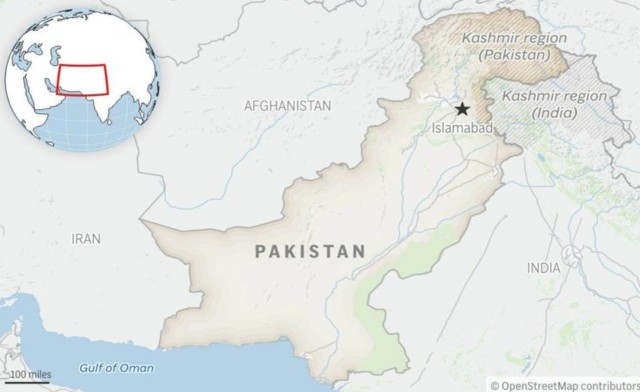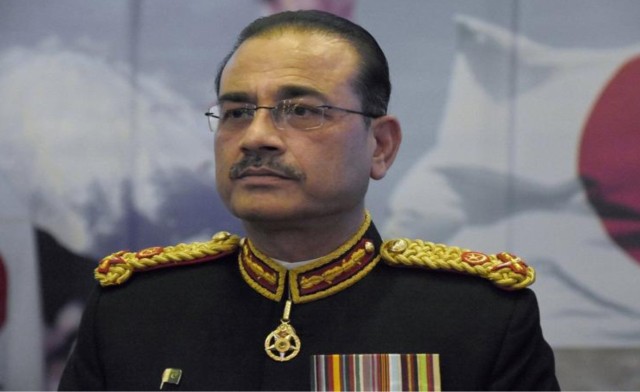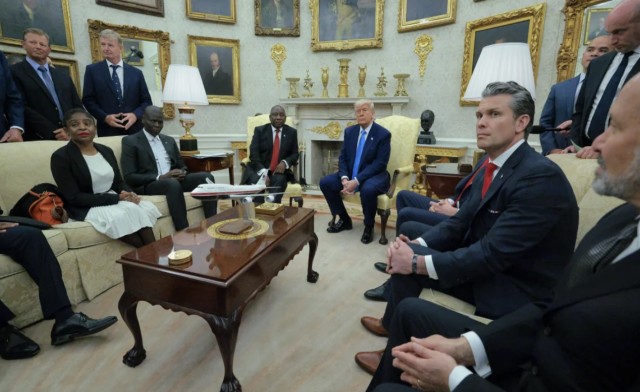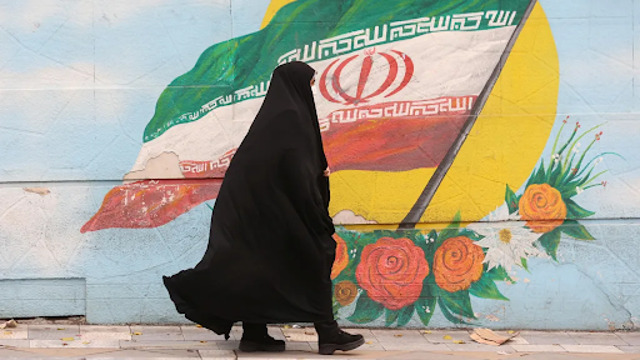
Iran's National Security Council has delayed the start of the controversial "hijab and chastity law," which was scheduled to take effect on Friday. Reuters
Iran’s National Security Council has decided to temporarily halt the implementation of the contentious "hijab and chastity law," which was set to take effect on Friday. This law, which would impose stricter penalties on women and girls for violating the country's dress code, had sparked significant criticism from human rights groups and activists.
The law, which aims to enforce stricter dress codes, includes harsher punishments for women who expose their hair, forearms, or lower legs in public. Repeat offenders could face hefty fines, longer prison sentences, and even up to 15 years in jail. It also requires businesses to report violations. These strict measures had caused alarm among human rights organizations, with Amnesty International condemning the legislation as an attempt to strengthen the already repressive system in Iran.
President Massoud Pezeshkian, who had openly criticized the treatment of women during his presidential campaign in July, described the law as "ambiguous and in need of reform." He signaled his intention to reassess the law's provisions, a move that aligns with his promise during the election to not interfere in the personal lives of Iranians, a stance particularly appealing to the younger generation.
The hijab issue has been a point of contention in Iran for decades, with protests erupting periodically over the government's strict dress code policies. In 2022, protests were triggered by the death of Mahsa Amini, a Kurdish woman who died after being detained by the morality police for allegedly not wearing her hijab properly. This event sparked widespread protests across the country, many of which centered on women’s rights and personal freedoms.
Last week, tensions surrounding the hijab issue were reignited when popular Iranian singer Parastoo Ahmadi was arrested for streaming a concert without wearing the hijab. The concert went viral, and Ahmadi’s arrest, along with that of her bandmates, caused public outcry. The authorities released them the next day, but the incident added fuel to the ongoing debate about women’s rights and freedom of expression in Iran.
Despite pressure from conservative factions and those close to Supreme Leader Ayatollah Ali Khamenei, many younger Iranians continue to resist the dress code laws. Over the past two years, numerous young women have publicly removed their hijabs, challenging the government’s authority and its control over their personal choices. More than 300 rights activists, journalists, and writers recently condemned the new law, urging President Pezeshkian to honor his campaign promise and rethink the legislation.
Supporters of the law have criticized Pezeshkian for pausing its implementation and urged him to sign it into law to ensure its enforcement. However, many believe that enforcing this law could provoke another round of mass protests, similar to the ones witnessed in 2022, further escalating the tensions between the government and the people.






